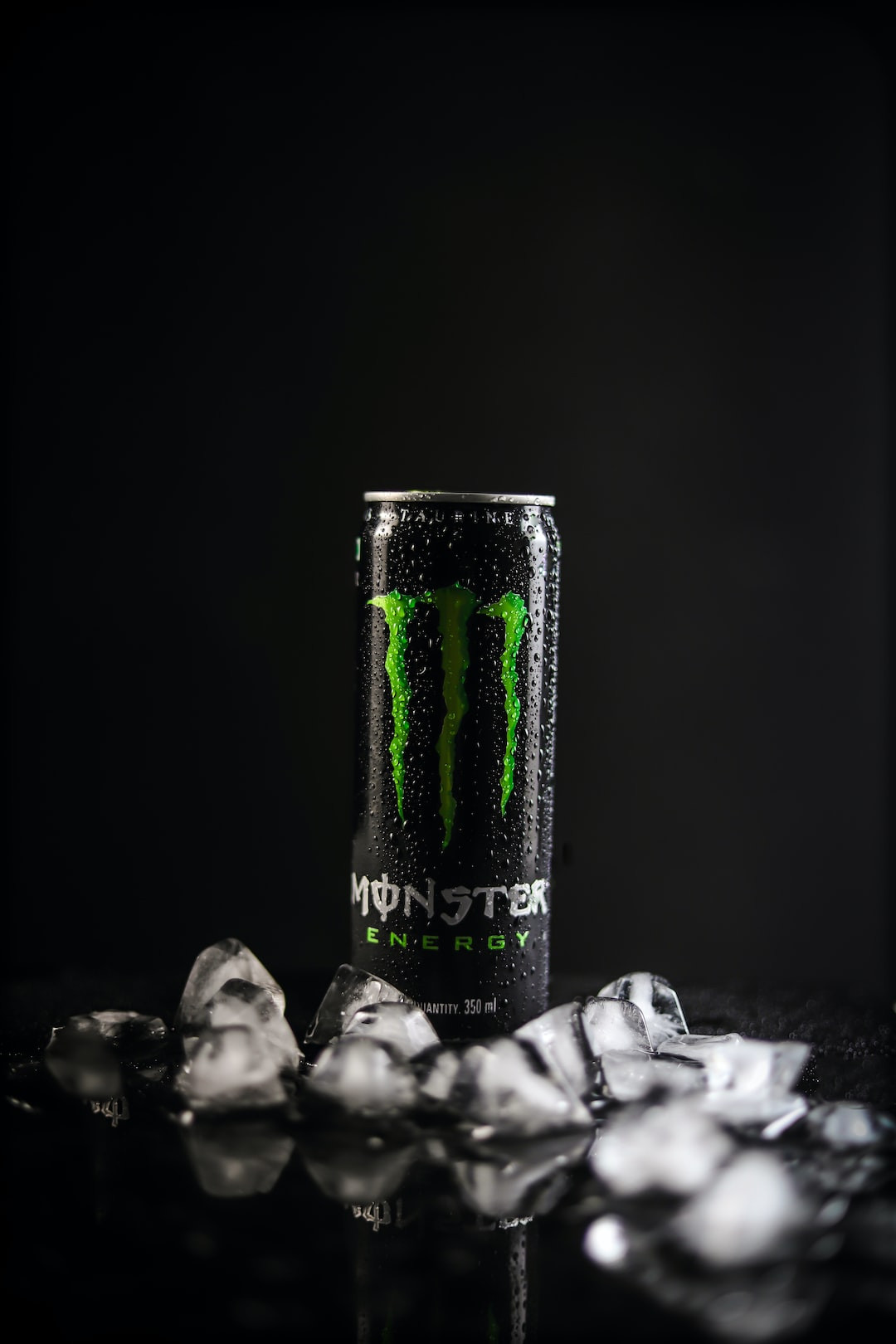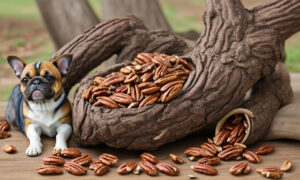As pet owners, we often find ourselves sharing bits of our own snacks with our four-legged friends. While treating your canine companion to human foods is often done out of love, it’s critical to understand whether these treats are safe for them. Among the vast array of fruits available, watermelon is a common treat enjoyed during warm weather. But can dogs eat watermelon? This article will take you through everything you need to know about dogs and watermelon, busting myths and laying out the facts to ensure your pet’s safety and wellness.
Understanding Canine Dietary Needs
Before delving into the specifics of watermelon in a dog’s diet, it’s essential to comprehend the dietary requirements of canines. Dogs need a balanced diet that provides carbohydrates, fats, proteins, vitamins, and minerals—each playing a pivotal role in maintaining their health.
- Proteins are crucial for tissue repair and muscle growth.
- Fats give energy and help in the absorption of certain vitamins.
- Carbohydrates provide a source of quick energy.
- Vitamins and minerals are necessary for immune function, bone health, and other vital biological processes.
Now, where does watermelon fit within this dietary framework?
Related article; can dogs eat oranges
The Nutritional Composition of Watermelon
Watermelon is often hailed as a hydrating fruit, mostly made up of water—approximately 92%. But what else does it contain that might impact your dog’s health?
Related article; can dogs eat chicken nuggets
- Vitamins: It includes vitamins A, B6, and C, which are important for vision, metabolic processes, and immune system function.
- Minerals: Magnesium and potassium found in watermelon can aid in nerve function and muscle health.
- Fiber: The fruit contains a small amount of fiber that can help with digestive health.
- Antioxidants: Lycopene, the pigment that gives watermelon its red color, is an antioxidant that can help reduce oxidative stress in the body.
Can Dogs Safely Eat Watermelon?
Can dogs eat watermelon safely? The short answer is yes, dogs can eat watermelon, but there are several precautions that you need to take into account.
Precautions When Feeding Watermelon to Dogs
- Remove all seeds: Watermelon seeds can cause intestinal blockage, particularly in smaller breeds.
- Discard the rind: Although the flesh of watermelon is safe, the green rind can lead to gastrointestinal upset.
- Serve in moderation: Too much watermelon can lead to diarrhea due to its high water and sugar content.
Serving Watermelon to Your Dog: The Right Way
Introducing Watermelon to Your Pet’s Diet
When introducing any new food to your dog, it’s vital to start with small amounts to monitor how they react to it. Here’s a step-by-step guide:
Related article; can dogs eat cilantro
- Start with a small piece of seedless watermelon flesh.
- Observe your dog for any adverse reactions over the next 24 hours.
- Provide watermelon as an occasional treat rather than a staple of their diet.
Creative Ways to Include Watermelon in Your Dog’s Diet
To keep your dog interested and make watermelon a delightful treat, try these ideas:
Related article; can dogs eat sunflower seeds
- Watermelon popsicles: Freeze watermelon chunks for a refreshing summer treat.
- Watermelon smoothie: Blend seedless watermelon with a bit of water and freeze in an ice cube tray.
- Watermelon salad: Mix small amounts of watermelon with other dog-safe fruits like blueberries and apple slices (without seeds).
The Portion Size: How Much Is Too Much?
Even for treats, there’s a golden rule—treats shouldn’t make up more than 10% of your dog’s daily food intake. For watermelon, given its high water content, the portion size should be even smaller to avoid any stomach upset.
Recognizing the Risks of Watermelon for Dogs
Potential Health Concerns with Watermelon
While watermelon can be a healthy snack, not all dogs will react the same way to it.
- Gastrointestinal issues: Some dogs might experience diarrhea or stomach upset due to the fruit’s sugar and water content.
- Allergic reactions: Rarely, dogs can exhibit allergic reactions to particular fruits, including watermelon.
When to Avoid Watermelon in a Dog’s Diet
It’s best to avoid watermelon if your dog has diabetes or is prone to obesity due to its sugar content. Also, if your dog has shown previous signs of allergies or sensitivities towards fruits, it’s advisable to consult with your veterinarian first.
Monitoring Your Dog Post-Watermelon Consumption
After your dog has eaten watermelon, keep an eye out for any unusual symptoms like:
- Lethargy
- Vomiting
- Change in bowel movements
- Abdominal pain or discomfort
FAQ Section on Dogs and Watermelon
Can Dogs Eat Watermelon Every Day?
It’s preferable not to feed dogs watermelon daily; it should be treated as a special snack rather than a dietary staple.
Can Puppies Eat Watermelon?
Puppies can eat watermelon, but in very small amounts, as their stomachs are more sensitive.
Is Watermelon Good for Hydration in Dogs?
Yes, watermelon is excellent for hydration due to its high water content, especially during hot temperatures.
What Other Fruits Can Dogs Eat Besides Watermelon?
Many fruits are safe for dogs, including apples (seedless), blueberries, bananas, and peeled oranges in moderation. Best family car
Conclusion: Can Dogs Eat Watermelon?
In conclusion, dogs can eat watermelon if you take the proper precautions—removing seeds, not feeding the rind, and providing the fruit in moderation. Always keep an eye on your dog’s reaction to new treats and consult your veterinarian if in doubt. Watermelon can be a tasty, hydrating, and healthy snack for your pup during those scorching summer days, but always remember to prioritize their overall diet and health.








[…] When we consider adding vegetables to a dog’s diet, it’s essential to look at the nutritional value they offer. Cabbage is high in fiber, which supports healthy digestion. It also contains antioxidants, such as vitamin C and vitamin K, which contribute to overall wellness. Here’s what you need to know about cabbage’s nutritional assets: Related article; can dogs eat watermelon […]
[…] As with any food that is not a regular part of a dog’s diet, it’s important to weigh the potential health benefits against any risks. Let’s delve into what kiwi could mean for your pup’s health. Related article; can dogs eat watermelon […]